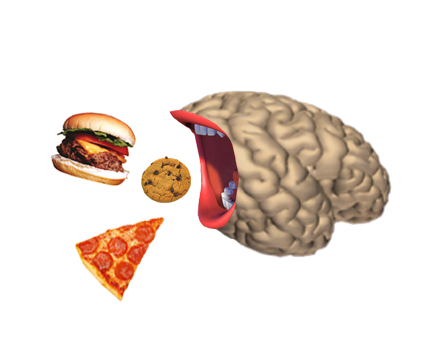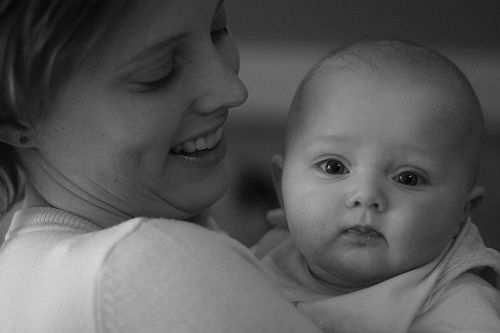 Research
Research argues that it is not entirely true that alcohol sheds inhibitions. High alcohol consumption does impair physical and mental abilities. But alcohol doesn't cause selective recklessness. Instead, it argues that
cultural norms affect alcohol's effect on us. In other words, "when people think they are drinking alcohol, they behave according to their cultural beliefs about the behavioral effects of alcohol."
Some societies associate drinking with recklessness (US, UK). But others (Latin, Mediterranean) is morally neutral - like coffee. But the 2nd group has "significantly higher per-capita alcohol consumption" than the 1st group! In experiments, group 1 drinkers were given non-alcoholic "placebos" ... but still shed their inhibitions. So you can get "drunk" of non-alcoholic beer if you think that's what beer is supposed to do. And since alcohol "causes" bad behavior, you're not responsible. Experiments, however, show even when very drunk, if people are given an incentive (financial reward or social approval) they can control themselves.
















































